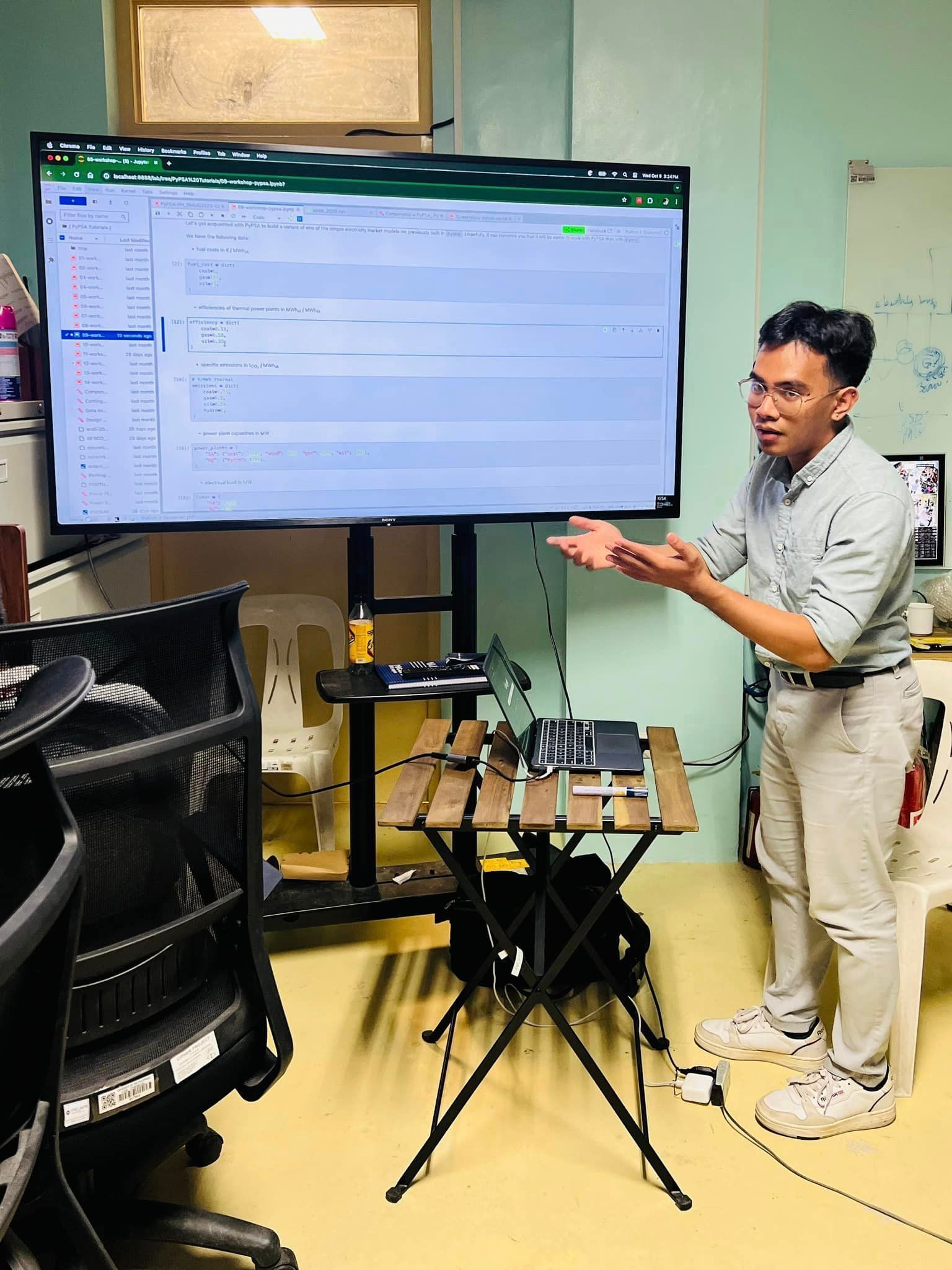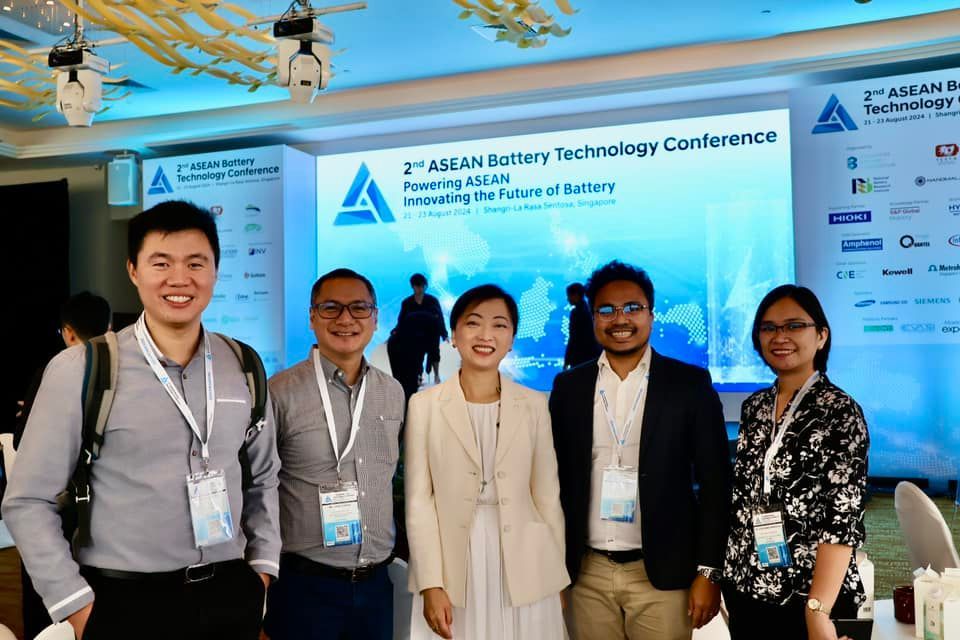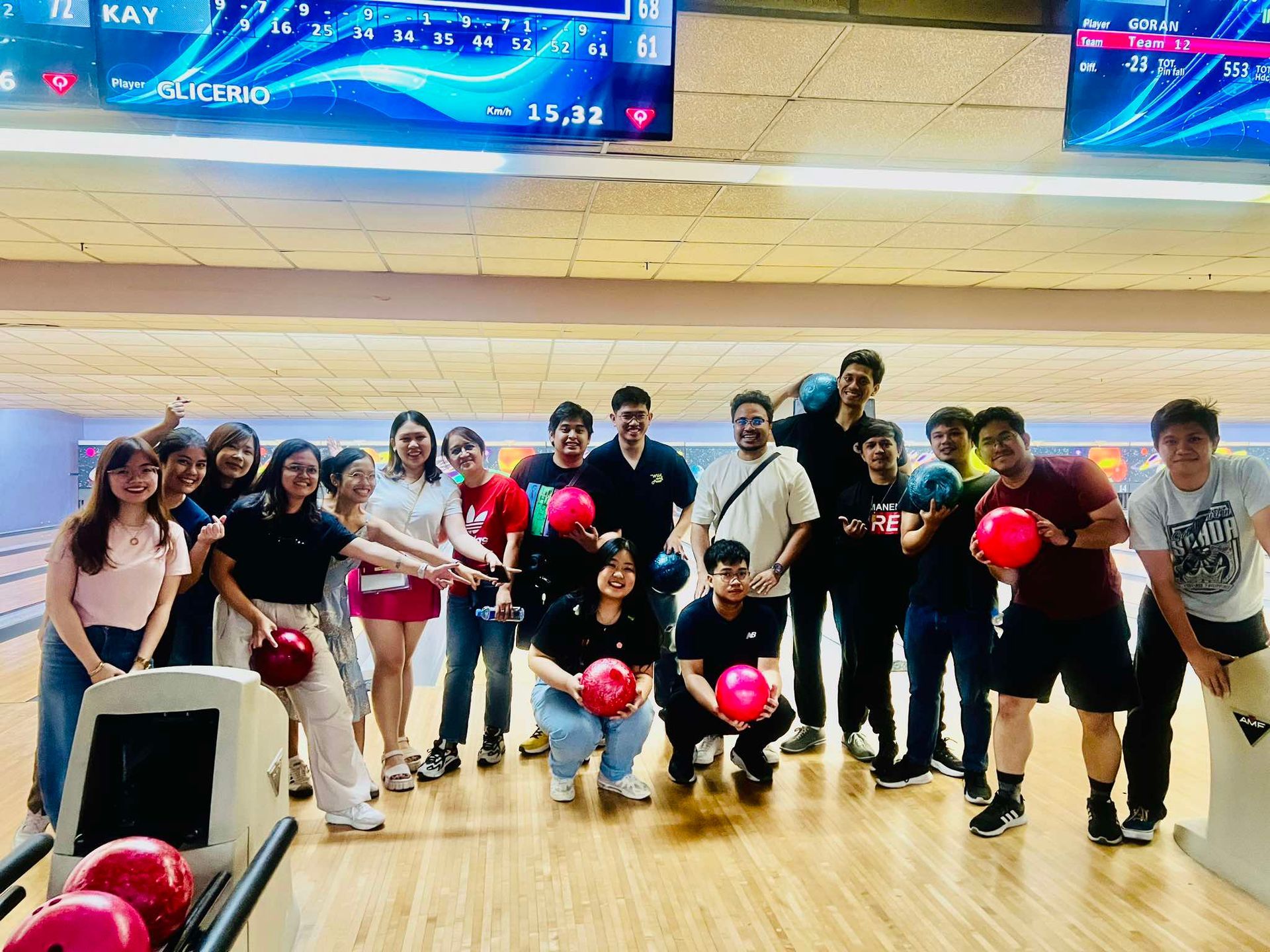LEE and PEL Collaborate in PHINMA Energy Project
Last March 2017, two laboratories from the University of the Philippines’ College of Engineering started working together on a project funded by the PHINMA Corporation. Faculty and graduate students of the Laboratory of Electrochemical Engineering of the Department of Chemical Engineering and the Power Electronics Laboratory of the Electrical and Electronics Engineering Institute are involved in the said project which is focused on energy storage systems, specifically in rural areas.
The project proposes developing a energy storage system to stabilize standalone solar photovoltaic (PV) systems which are used in island communities in the Philippines. The system proposed will enable a continuous distribution of electricity without fluctuations despite the typical unstable electricity supply of PV systems. However, typical energy storage systems have a high cost of storage per kilowatt-hour, which is why a hybrid form of the system is being designed to minimize the total cost. The hybrid energy storage system (HESS) is a combination of two or more energy storage technologies (e.g. batteries, fuel cells, supercapacitors), specifically the combination of a lead acid battery and lithium ion battery for the project. Aside from the lower cost, HESS also features high specific energy and high specific power energy storage.
The project is headed by Carl Odulio of EEEI, and assisted by Joey Ocon of DChE. Other members of the team working on the project are Jun Jeffri Lidasan and Myron Alcanzare from LEE, and Jasmin Del Rosario and Jade Marabella from PEL.





